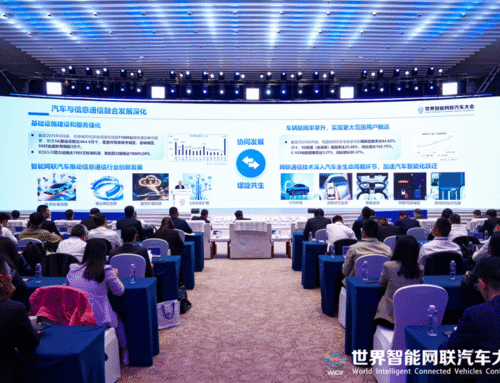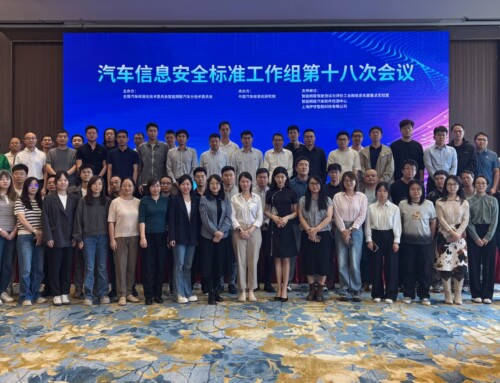On 8 April, 2024, the Ministry of Industry and Information Technology (MIIT) issued the “Notice on Carrying Out Quality Work in Industry and Information Technology for 2024”. The document emphasizes strengthening the leading role of standards, promoting innovation and development in pilot plant test, building the “Made in China” brand, and advancing high-quality growth in manufacturing.
The notice outlines a plan to promote industrial and IT product quality through 20 measures across five areas: (i) implementing an outstanding quality engineering initiative (raising awareness of quality in businesses, enhancing their ability to develop quality, advancing digital quality management, and evaluating quality management capabilities, etc.); (ii) improving product quality centering around reliability; (iii) solidifying the foundation for quality development (strengthening quality standards, advancing technological innovation and applications in quality engineering, improving the quality control of industrial products and the management of quality assessment laboratories, and enhancing the effectiveness of quality public services); (iv) promoting innovation and development in pilot plant tests; and (v) building the “Made in China” brand.
Standards are a crucial pillar of the document: these ensure that the measures are implemented effectively:
- The first section, titled“Implementing the Outstanding Quality Engineering Initiative”, specifically emphasizes policy and standard interpretation, guiding industry associations and professional organizations to adopt advanced quality standards and publish sector standards for quality management capacity assessment; it also suggests reinforcing guidance for evaluations.
- In the third section, titled “Solidifying the Foundation for Quality Development”, the document proposes developing and revising product quality standards for materials, machinery, electronics, automobiles, software, etc., to facilitate the conversion of advanced association standards into sector or national standards. Additionally, it calls for issuing guidelines to build a reliability standards system for manufacturing and strengthen top-level design.
- In the fourth section, titled “Promoting Innovation and Development in Pilot Plant Tests”, the document stresses the need for better coordination in pilot plant teststandards, advocating for the establishment of a working group to standardize pilot plant test It proposes developing guidelines for a pilot plant test standards system, creating a sound standards system and issuing key standards.
- Lastly, in the section titled “Building the ‘Made in China’ Brand”, the document mentions optimizing and upgrading the brand cultivation management standardssystem and establishing a comprehensive standards system for manufacturing brands.
This document reflects China’s recognition of standards as the foundation of quality; therefore, it seeks to guide product quality improvement by driving standard formulation and implementation. Notably, the second section titled “Improving Product Quality Centering Around Reliability”, suggests expanding product quality grading assessments in key industries such as machinery, steel, building materials, and nonferrous metals. This implies that quality standards could be referenced in product quality grading systems, potentially impacting market competition and compelling domestic and foreign companies to allocate more resources to track and comply with these voluntary quality standards.




